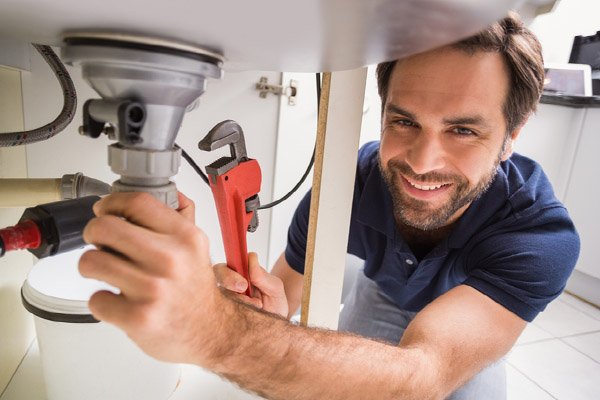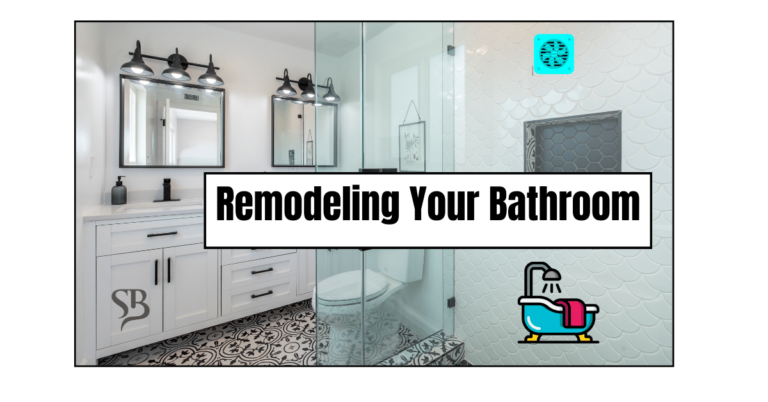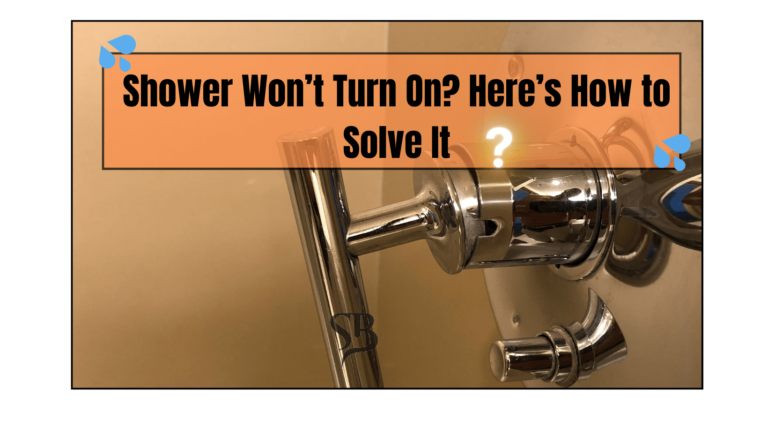As humans, we are designed to perform various tasks with our bodies, and one of the most basic tasks is personal hygiene.
However, for people with mobility or physical limitations, this task can be challenging, and one of the most common issues faced by individuals with limited mobility is having arms too short to wipe their own butt.
This is a sensitive topic that can lead to embarrassment, discomfort, and even health issues. If you’re facing difficulty reaching due to shorter arms or limited mobility, there are a few options and tools that you can consider using to assist with personal hygiene.
They include using Long-Handled Wiping Aids, Bidet or Handheld Bidet Sprayer, Wet Wipes or Moist Towelettes, and Adaptive Tools and Devices.
But before we dive into these different methods in detail, let’s first understand the problem at hand and its causes.
Why Are Your Arms Too Short to Wipe?
The ability to wipe oneself after using the bathroom is essential for personal hygiene and preventing infections. However, some people may have difficulty reaching their buttocks area, which can be due to various reasons such as obesity, physical disabilities, and aging.
The inability to reach the buttocks area can cause discomfort, skin irritation, and even infections. Additionally, the problem can be compounded if the individual has a condition that causes them to have loose stools or diarrhea.
Fortunately, there are several ways to address this problem and ensure that individuals with short arms can maintain their personal hygiene without discomfort or embarrassment.
Method 1: Use a Toilet Paper Aid
A toilet paper aid is a device that helps individuals with mobility or physical limitations to wipe their buttocks after using the bathroom. The aid consists of a long handle with a clamp on the end that holds the toilet paper securely.
To use a toilet paper aid, the individual simply needs to grasp the handle and position the clamp with the toilet paper over the buttocks area. Once the toilet paper is in place, the individual can use the aid to wipe themselves without having to reach the buttocks area directly.
One of the benefits of using a toilet paper aid is that it can help prevent strain or injury that could result from reaching and twisting to wipe. Additionally, the aid can be helpful for people with arthritis, spinal cord injuries, or other mobility impairments.

Method 2: Use a Bidet
A bidet is a bathroom fixture that is designed to clean the buttocks area after using the bathroom. The device uses a stream of water to wash the area, which can be more effective than using toilet paper alone.
To use a bidet, the individual simply needs to position themselves over the fixture and turn on the water. The water stream can be adjusted to different pressures and temperatures, making it more comfortable and effective.
One of the benefits of using a bidet is that it can be more hygienic and effective than using toilet paper alone. Additionally, bidets can be helpful for individuals with limited mobility who may have difficulty reaching their buttocks area.

Method 3: Use Baby Wipes
Baby wipes are moistened towelettes that are designed for cleaning sensitive areas of the body, such as the buttocks. They are commonly used for diaper changes, but they can also be helpful for individuals with short arms who may have difficulty reaching their buttocks area.
To use baby wipes, the individual simply needs to grasp the wipe and use it to clean the buttocks area. Once the area is clean, the wipe can be disposed of in the trash.
One of the benefits of using baby wipes is that they can be more effective than using dry toilet paper alone.
Additionally, baby wipes are designed to be gentle on the skin, which can be helpful for individuals with sensitive skin or conditions that make them prone to skin irritation.

Method 4: Use a Long-handled Sponge
A long-handled sponge is a device that is designed to help individuals with mobility or physical limitations to clean hard-to-reach areas of the body. The sponge consists of a long handle with a soft, absorbent sponge on the end.
To use a long-handled sponge for wiping, the individual simply needs to wet the sponge and position it over the buttocks area. The sponge can then be used to clean the area without having to reach directly.
One of the benefits of using a long-handled sponge is that it can be helpful for individuals with limited mobility who may have difficulty reaching their buttocks area. Additionally, the soft sponge can be gentle on the skin, which can be helpful for individuals with sensitive skin or conditions that make them prone to skin irritation.

Method 5: Seek Assistance from a Caregiver
If an individual is unable to wipe themselves due to short arms or other mobility issues, seeking assistance from a caregiver may be necessary. Caregivers can assist with personal hygiene tasks such as wiping, bathing, and dressing.
To ensure that the individual’s privacy and dignity are maintained, caregivers can use techniques such as providing a privacy screen, closing the bathroom door, or covering the individual with a towel or blanket.
One of the benefits of seeking assistance from a caregiver is that it can help prevent discomfort, skin irritation, and infections that could result from inadequate personal hygiene.
Conclusion
Having short arms should not prevent individuals from maintaining proper personal hygiene. There are several ways to address this problem, including using a toilet paper aid, bidet, baby wipes, long-handled sponge, or seeking assistance from a caregiver.
It’s important for individuals with mobility or physical limitations to discuss their personal hygiene needs with their healthcare provider to determine the best approach for their individual needs.
With the right tools and support, individuals with short arms can maintain their personal hygiene with comfort and dignity.







